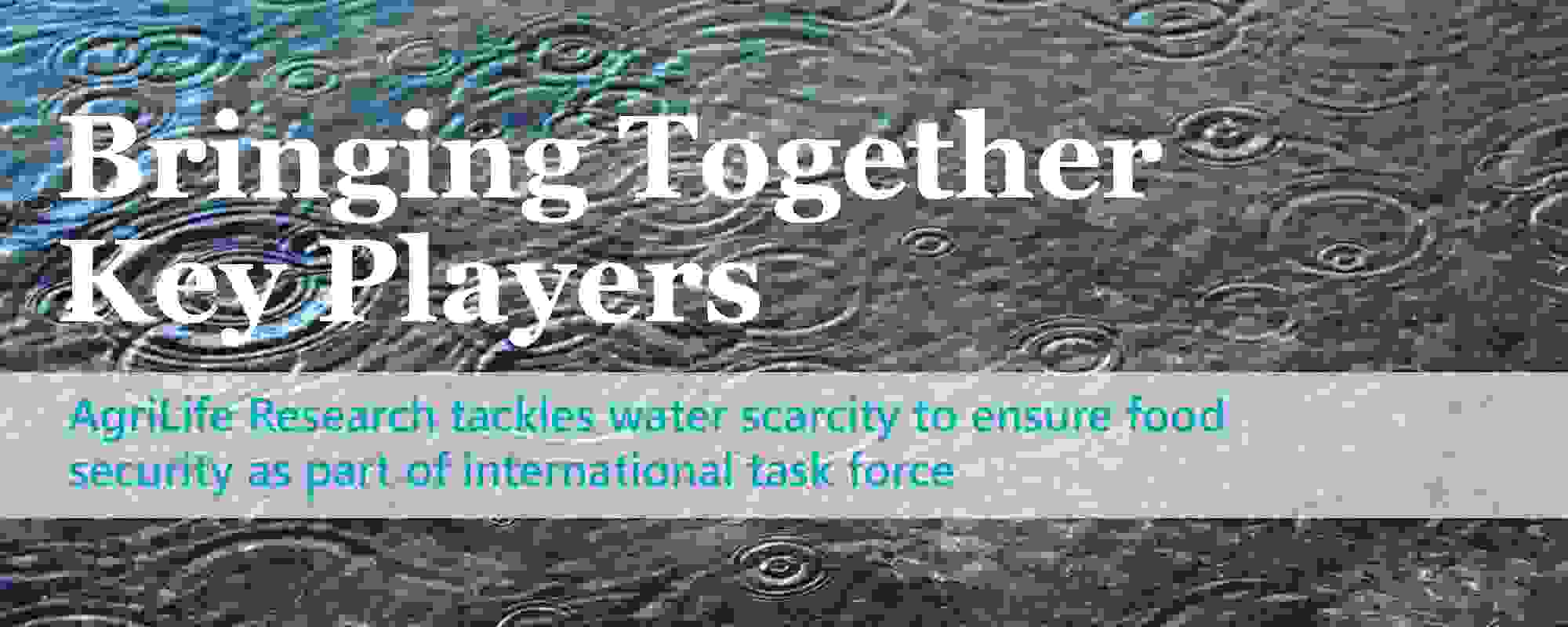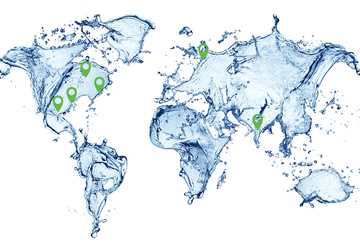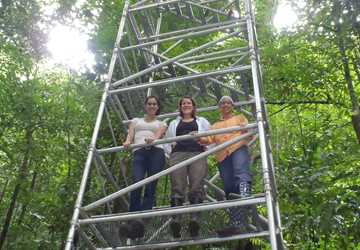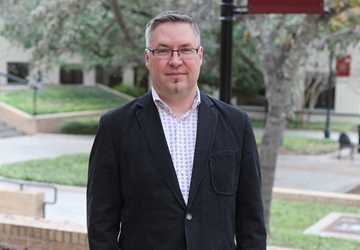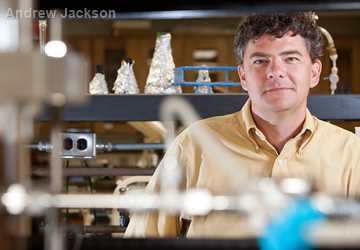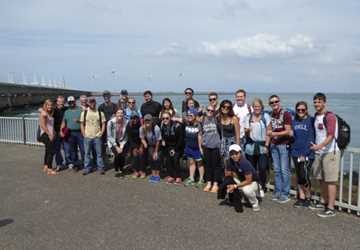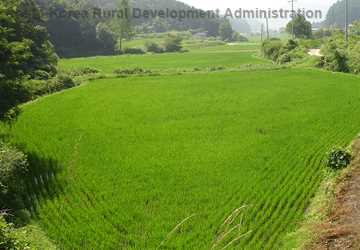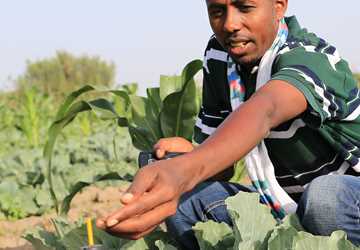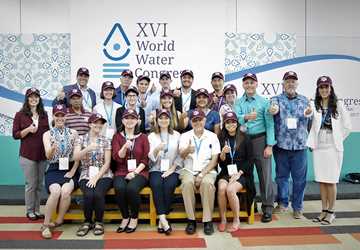The Texas Water Resources Institute (TWRI) represents Texas A&M AgriLife Research on an international task force that is tackling the challenge of better using water in agriculture to ensure food security.
The Global Framework on Water Scarcity in Agriculture, or WASAG, is a global task force and part of the United Nations Food and Agriculture Organization’s initiative, Coping with Water Scarcity in Agriculture.
WASAG is designed to bring together key players across the globe and across various sectors to support the development and deployment of policies, strategies, programs and field capacity for the adaptation of agriculture to water scarcity, according to its website.
“The task force’s purpose is not so much to do a specific action,” said TWRI Director Dr. John C. Tracy, AgriLife Research’s representative on the task force, “but to coordinate the activities so the countries around the globe can understand what they may be able to do in the short-term and long-term if they are facing a water scarce situation to make sure the impacts to agricultural production are minimized.”
The Texas Water Resources Institute represents Texas A&M AgriLife Research on an international task force, the Global Framework on Water Scarcity in Agriculture, that is tackling the challenge of better using water in agriculture to ensure food security.
More information
WASAG currently has 50 partners from research institutions, think tank organizations, global partnerships, the United Nations and international agencies. The first partner meeting took place in April 2017 in Rome to discuss the structure and mechanisms of cooperation.
Tracy said about 100 people representing governments and nongovernment organizations attended this first meeting. TWRI, the Robert B. Daugherty Water for Food Global Institute at the University of Nebraska and World Food Centre at the University of California, Davis were the three academic institutions represented. Arizona State University’s School for the Future of Innovation in Society is also a partner in the task force.
Tracy expects the task force to examine both short-term water scarcity, such as droughts, and long-term water scarcity, such as groundwater depletion, and put forth possible recommendations for addressing these situations, perhaps in a document or in presentations.
“Texas deals with both of those so we have a lot to contribute to the discussion internationally as to what needs to happen and what needs to change to be able to address those situations,” he said.
Particularly in addressing long-term groundwater depletion effects on agriculture, Texas universities involved in Ogallala Aquifer research projects are on the front lines with advances in not just irrigation efficiency but in evapotranspiration scheduling tools and understanding the economics of using these tools, Tracy said.
“Few places around the world are using those kinds of tools, but there is a tremendous potential in educating the rest of the world on using those tools,” he said.
The Rome Statement on Water Scarcity, a joint statement issued after the Rome 2017 meeting, highlights the importance of the agricultural sectors in coping with water scarcity for food security and climate change adaptation and mitigation.
Explore this Issue
Authors
As the former communications manager for TWRI, Kathy Wythe provided leadership for the institute's communications, including a magazine, newsletters, brochures, social media, media relations and special projects.

